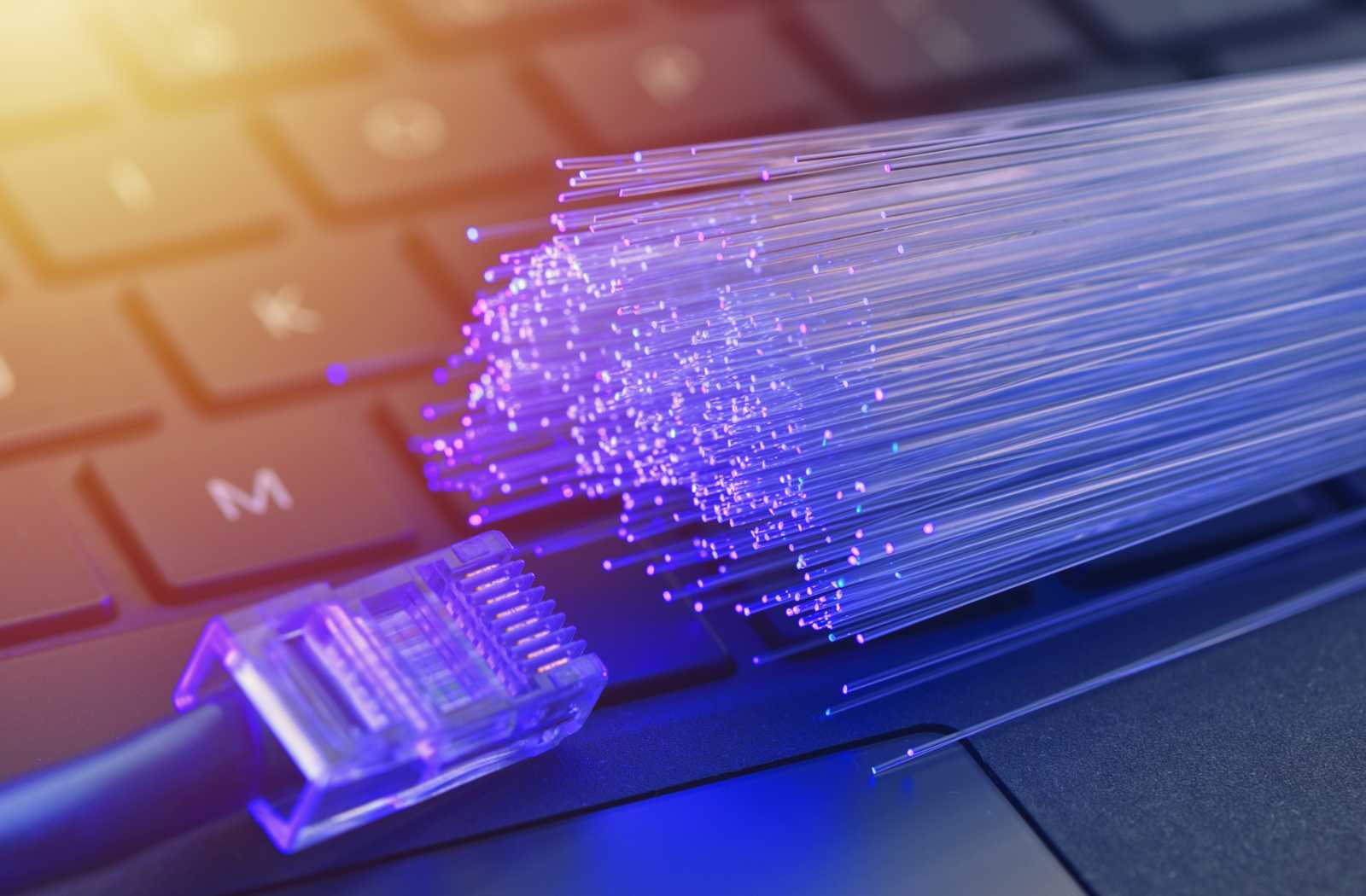Fiber Internet
Fiber Internet in East Central Indiana: What You Should Know

What Is Fiber Internet?
How Does Fiber-Optic Internet Work?
Fiber-optic internet relies on fiber cables made from thin strands of glass or plastic, bundled together and protected by an outer covering. These cables transmit data as pulses of light, reaching speeds that other internet technologies cannot match.
The process works as follows:
- Digital data is converted into light signals.
- These light signals travel through the fiber-optic cables to their destination.
- At the receiving end, the light signals are converted back into digital data for your device.
Advantages of Fiber Internet
- Speed: Fiber internet offers speeds up to 1 Gbps or higher for both uploads and downloads. This is significantly faster than DSL and cable.
- Reliability: Fiber-optic cables are less affected by weather conditions, electromagnetic interference, or signal degradation, resulting in a more stable connection.
- Symmetrical Speeds: Enjoy equal upload and download speeds, ideal for video conferencing, large file sharing, and online gaming.
- Scalability: Fiber supports future upgrades, ensuring your connection can handle growing bandwidth demands.
- Better Streaming & Gaming: Experience seamless, buffer-free streaming and gaming with low latency and ultra-high speeds.
Whether you're a business professional needing reliable internet for productivity or a household streaming 4K videos on multiple devices, fiber-optic internet delivers an exceptional online experience.
Fiber vs. The Alternatives
How does fiber stack up against other popular types of internet, like DSL and cable?
DSL Internet:
-
- Speed: Much slower than fiber, typically maxing out at 100 Mbps.
- Reliability: Signal strength may drop over long distances.
- Cost: Often cheaper but with limited performance.
Cable Internet:
- Speed: Faster than DSL but lags behind fiber, maxing out at around 100–500 Mbps for most providers.
- Shared Bandwidth: Speeds may slow down during peak usage times due to shared infrastructure.
- Reliability: Generally stable but more prone to interference than fiber.
Fiber Internet:
- Speed: The fastest with symmetrical upload and download speeds.
- Reliability: Unmatched due to its resistance to environmental and electrical interference.
- Cost: Slightly higher, but with far greater value for performance and scalability.
Fiber-optic internet is the technology of choice for users who prioritize speed, reliability, and future-proofing their connection.
Is Switching to Fiber Really Worth It?
Switching to fiber internet represents a smart investment for anyone looking for faster, more reliable, and future-ready connectivity. Here are some scenarios where making the switch is especially worthwhile:
- Remote Work: Conduct smooth video calls and quickly share files without delays.
- Entertainment Enthusiasts: Stream movies, TV shows, and music in high quality with no buffering.
- Gamers: Enjoy low-latency connections for competitive and seamless online gaming.
- Business Needs: Increase productivity with high upload speeds and dependable internet for multiple users.
While the upfront cost may be slightly higher, the long-term benefits in efficiency, performance, and reliability make fiber internet worth every penny.
